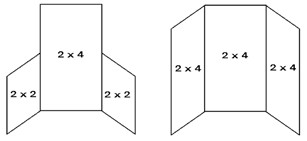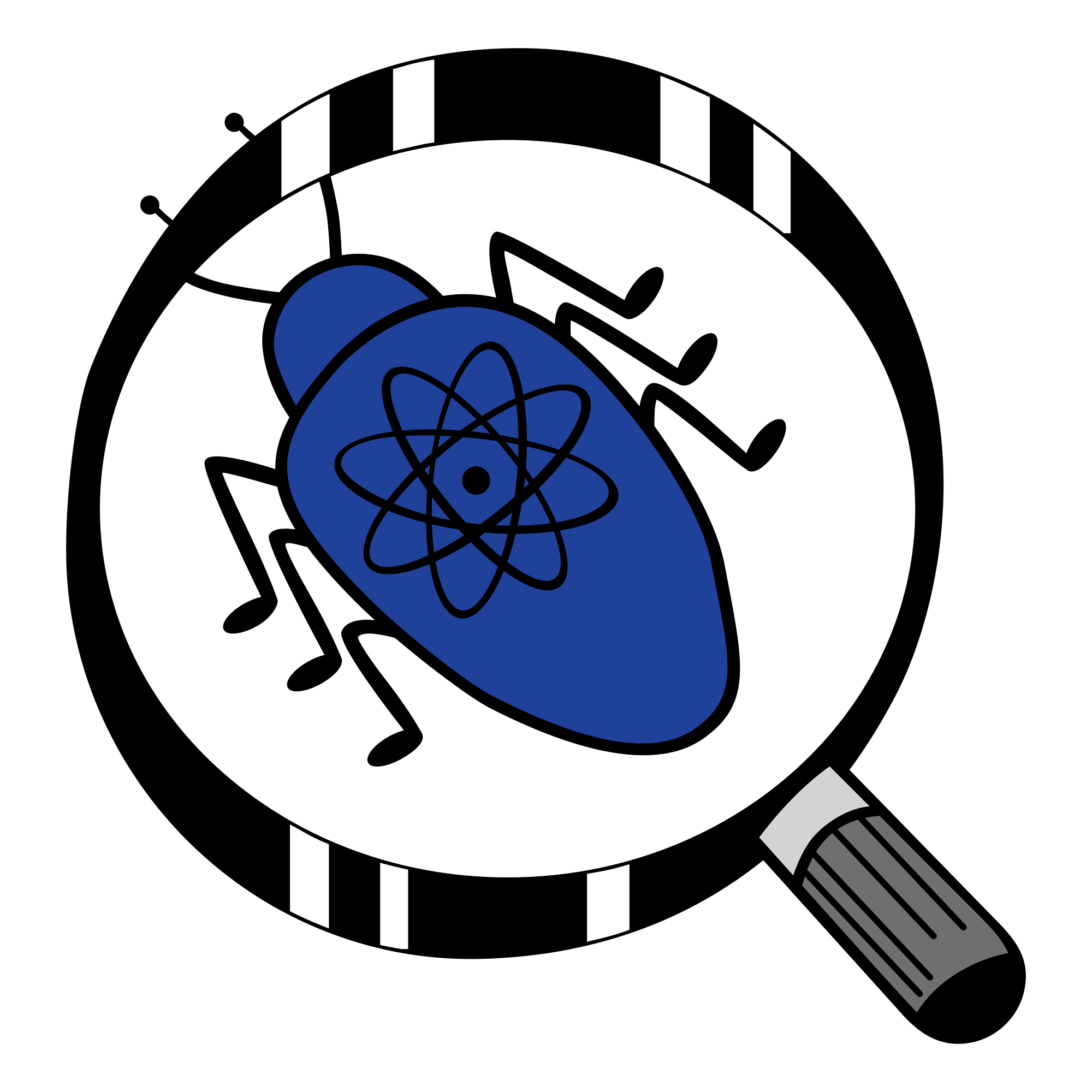Entry Deadline
All registration forms must be received and approved by Monday March 3, 2025.
Student will register their project information and report digitally, which will send an email to the teacher or advisor listed in the registration. The teacher will then need to follow the instructions in the email to approve each project for entry into the regional fair.
Important Rules
- No more than two (2) students may work on a project.
- If students from two (2) grades work on one project, it will be judged at the higher grade.
- Both students must be in Grade six (6) or higher.
- Students in Grades 6 to 12 may enter the fair. Grade six (6) students (Atom Division) are not eligible to win a trip to the Canada-Wide Science Fair.
- Each school selects their own entries using the school quota laid out below.
- Refer to the list of eligibility guidelines below to determine if a student’s project can be entered in the science fair.
General Information
Challenges: Projects at UCSF will be categorized according to the challenges set by Youth Science Canada (mySTEMspace). Students will need to choose which challenge is best addressed by their project:
- Agriculture, Fisheries, and Food
- Curiosity and Ingenuity
- Digital Technology
- Disease and Illness
- Energy
- Environment and Climate Change
- Health and Wellness
- Natural Resources
Divisions:
- Atom (Grade 6)
- Junior (Grades 7 & 8)
- Intermediate (Grades 9 & 10)
- Senior (Grades 11 & 12)
Types of Projects:
- Experiment
- Predict the results of a test you can perform.
- Carry out the test.
- Collect the results, make sense of the results, and draw conclusions.
- Study
- Collect a lot of information from observing the world around you.
- Consult books, magazines, experts, Internet, etc.
- Sort it out and summarize the important and interesting points.
- It may be difficult or impossible to control the variables.
Students in Grades 1-5
You must be in grade 6-12 to participate in the project exhibition portion of the fair, but younger students can still participate in Science on the Wall!
What is involved in doing a science fair project?
Choose a topic and design an experiment or study. Enter it in your school fair (if applicable).
How do I make sure my project is acceptable and ethical?
Projects involving testing on animals or humans require special arrangements.
You must contact UCSF Chair Jason Marshall at 343-370-7469 or chair@ucsfair.org before beginning your project.
You will also need to carefully review and complete the Human Informed Consent form.
See the “Project Eligibility” requirements below for further restrictions and considerations.
How do I enter the science fair?
You will need to meet your school’s entrance requirements. See your teacher for details.
What do I submit and when?
Fill out the project registration form. Be sure to read the instructions carefully.
Project Construction
Backboard:
- Usually, students use a 3-sided display. Pre-made cardboard display boards can be purchased from Staples or Michaels for approximately $20.
- Any backboard material that your school approves may be used at the United Counties Science Fair. If you win a trip to the Canada-Wide Science Fair, you will have to reformat your project to fit the backboards which are used at that event.
Display Rules:
- All cloth, paper, etc. must be fastened securely to the backboard.
- Only single sheets may be attached to the backboard.
- Nothing may hang from the table.
- No wall may be used to support or display any part of your project.
Size:
Pictured below are various potential layouts for your display. A table about 0.8m from the floor is provided. Your display can stand on this table, or on the floor. It must stand firmly by itself, with no danger of falling.


Please note that the entire project must fit into a space no larger than 1.4m wide by 0.8m deep by 3.5m from the floor.
If printing large panels, they should not exceed 91.44cm (36 inches) in width or they will be subject to increased printing charges.
Oversized projects must be reduced by fair opening time or they will be disqualified.
10 marks are allocated to the appearance of your exhibit.
Project Eligibility
PROJECTS INVOLVING TESTING ON ANIMALS OR HUMANS REQUIRE SPECIAL ARRANGEMENTS. You must contact us before beginning a project. you will also need to carefully review and complete the human informed consent forms if applicable.
Jason Marshall, UCSF Chair
cell 343-370-7469
chair@ucsfair.org
Firearms and/or Explosives: Your project is NOT ELIGIBILE for the fair.
Human: You must contact the UCSF chair outlining your proposed use of human research participants BEFORE beginning your project.
Animals: Projects involving animals will be eligibile for the fair only under certain (rigid) conditions. You can OBSERVE animals with a backbone (i.e. vertebrates such as fish, birds, dogs, cats, lizards, hamsters, mice, humans, etc.) in their natural habitat. You CANNOT use animals with a backbone in any active investigations. You CANNOT display animals at the fair. Fertilized eggs must NOT be part of any investigation.
Micro-organisms and/or molds: Some are prohibited by law. You must contact the UCSF chair outlining your proposed use of micro-organisms and/or molds BEFORE beginning your project.
Plants and/or Soil: Government regulations prohibit soil and plants from being displayed at the Canada-wide Science Fair. However, they are allowed at the United Counties Science Fair.
Manipulation of DNA and/or Animal Viruses: You must contact the UCSF chair outlining your proposed manipulation of DNA and/or animal viruses BEFORE beginning your project.
When do I need to be at the fair?
The fair is held at St. Lawrence Secondary School in Cornwall. Friday before the fair, bring your project display to set up and have safety-checked between 16:30 and 20:30.
Saturday (fair day), judging is scheduled to take place between 08:30 and 12:30, so you will need to be available at your display to speak with judges.
Public viewing is open from 08:30 to 14:00, and you will need to take down your project display between 14:00 and 14:30.
From 14:30 to 15:45, there will be science activities for participants at SLSS.
The awards ceremony will take place at 16:00.
